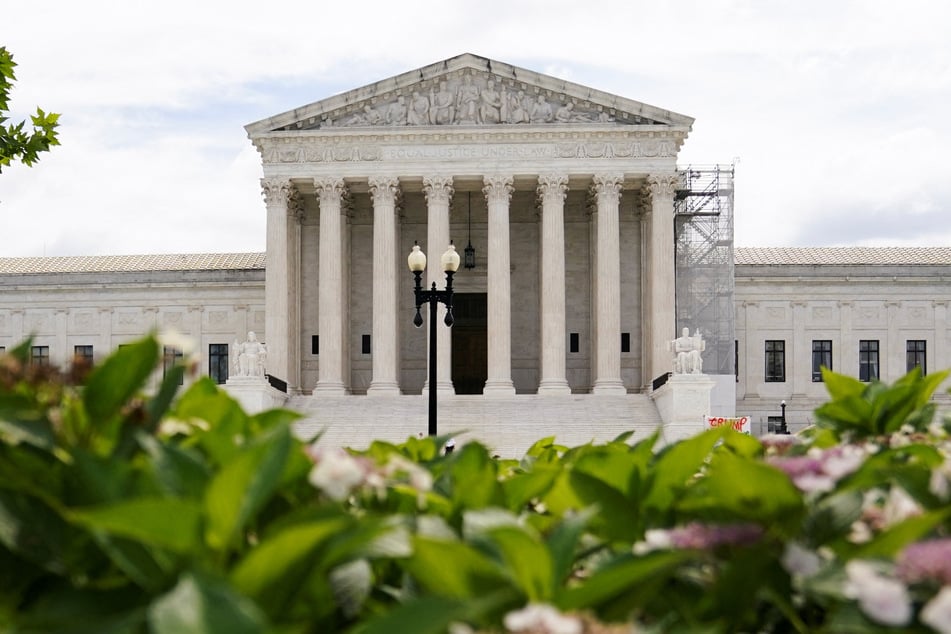Supreme Court strikes down EPA's plan to regulate interstate air pollution
Washington DC - The Supreme Court on Thursday temporarily blocked the implementation of an Environmental Protection Agency (EPA) measure aimed at curbing air pollution that drifts across state lines from facilities like power plants.

The "good neighbor" plan would not have taken effect until 2026, but a series of states and companies requested that it be blocked now while litigation against it plays out in a lower court – a request the Supreme Court granted in a 5-4 decision.
"Enforcement of EPA's rule against the applicants shall be stayed pending the disposition of the applicants' petitions for review in the United States Court of Appeals for the DC Circuit," the Supreme Court ordered.
The EPA says its plan would cut some 70,000 tons of nitrogen oxide pollution in 2026 and would prevent approximately 1,300 premature deaths, avoid more than 2,300 hospital visits, and curb tens of thousands of school absence days and lost work days.
"Reducing smog also has economic benefits. Estimated annual net benefits, after taking costs into account, would be $13 billion each year over the period from 2023 to 2042," the EPA says.
Supreme Court deals another blow to EPA's authority
But opponents of the measure argue that it is illegal and say it would cost hundreds of millions if not billions of dollars to implement while litigation against the plan is playing out, and asked the court to block it.
Justice Amy Coney Barrett wrote a dissenting opinion that was joined by the court's three liberal members, arguing that the Supreme Court was granting "emergency relief in a fact-intensive and highly technical case without fully engaging with both the relevant law and the voluminous record."
The court's decision to temporarily block the plan is the third time in recent years that it has curbed the EPA's powers after it dealt a blow to the agency's authority to regulate wetlands in 2023 and greenhouse gases in 2022.
Cover photo: REUTERS

